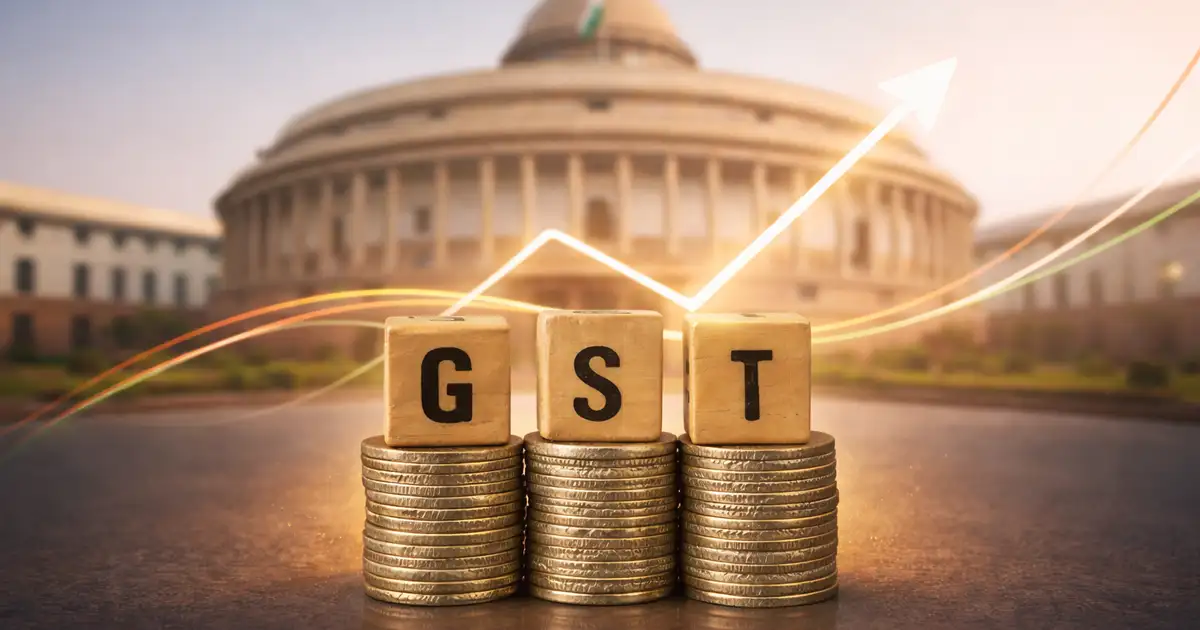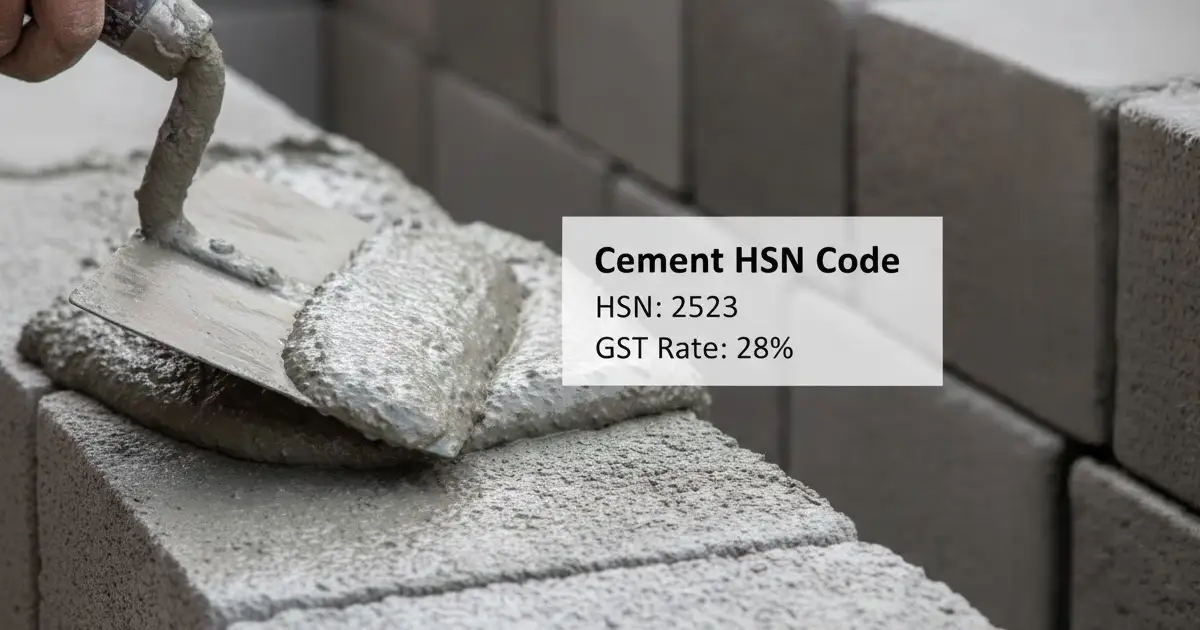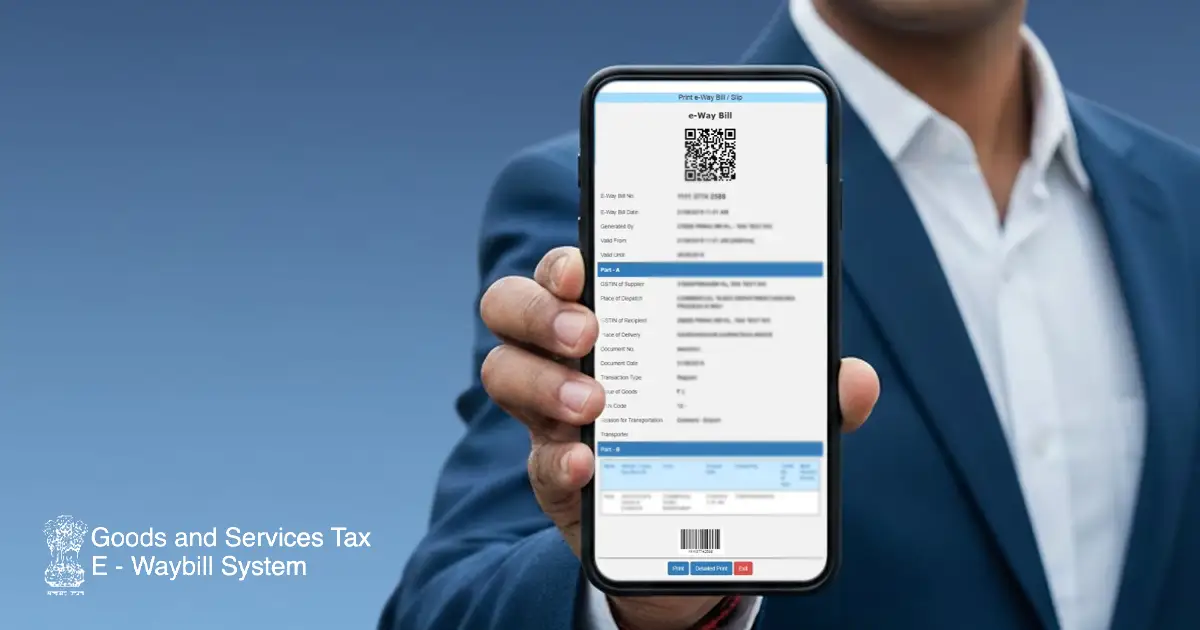
The GST regime in India allows businesses to claim Input Tax Credit. This mechanism reduces tax liability. However, not all GST paid on purchases is eligible. Section 17(5) of CGST Act outlines scenarios where ITC is restricted. This is known as “blocked credit under GST.”
Understanding Section 17(5) of CGST Act is vital for every taxpayer. It prevents common errors and ensures proper GST compliance. Let’s delve into what constitutes blocked credit and why Section 17(5) is so important.
What is Blocked Credit Under Section 17(5) of CGST Act?
Blocked credit under GST refers to the Input Tax Credit (ITC) that a registered person cannot claim. Even if you pay GST on certain goods or services, Section 17(5) restricts you from offsetting this tax against your output tax liability.
This provision prevents businesses from claiming ITC on personal or restricted expenses. It also aims to stop revenue leakage and ensure tax fairness.
Why is Section 17(5) of CGST Act Necessary?
Section 17(5) ensures ITC is claimed only for genuine business expenses.
- Prevents Misuse: It stops businesses from claiming ITC on personal or non-business expenditures.
- Protects Revenue: This section safeguards government tax revenue from being eroded by ineligible claims.
- Maintains Integrity: It upholds the principle that ITC is for business supply chains, preventing double taxation.
- Deters Fraud: Clauses within Section 17(5) specifically block ITC for fraudulent transactions.
Section 17(5) of the CGST Act streamlines ITC and maintains the overall integrity of the tax system.
Blocked Credit List Under Section 17(5) of CGST Act
Section 17(5) of CGST Act provides an exhaustive list of goods and services on which ITC is blocked. Let’s explore these categories in detail:
Motor Vehicles and Other Conveyances: Clause (a)
Section 17(5)(a) of CGST Act restricts ITC on motor vehicles used for transporting people. This applies if their seating capacity is 13 persons or less, including the driver.
Similarly, ITC on vessels and aircraft is also generally blocked. This specific part of Section 17(5) is often a point of confusion for businesses.
Exceptions: You can claim ITC in these specific cases:
- Supply: If you are in the business of supplying such motor vehicles, vessels, or aircraft.
- Passenger Transportation: If you use them for transporting passengers.
- Training Services: When you use them for training purposes, like teaching driving, flying, or navigating.
- Goods Transportation: ITC is allowed on vehicles used for transporting goods.
- Manufacturing and Insurance: If you manufacture these vehicles or provide general insurance services for them.
Food, Beverages, and Personal Services: Clause (b)
Section 17(5)(b) of CGST Act blocks ITC on various personal consumption and welfare expenses. This includes:
- Food and beverages
- Outdoor catering
- Beauty treatment
- Health services
- Cosmetic and plastic surgery
- Membership of a club, health, and fitness centre
- Life insurance and health insurance
Exceptions: You can claim ITC if:
- Mandatory Supply: You provide these as a composite or mixed supply.
- Statutory Obligation: The provision of such goods or services is obligatory for an employer under any law. This is a crucial exemption within Section 17(5) of CGST Act.
Works Contract Services: Clause (c)
Section 17(5)(c) of CGST Act states that ITC on works contract services is blocked. This applies when the services are supplied for the construction of an immovable property. The restriction holds true even if the property is used in the course or furtherance of business.
Exception: ITC is allowed in specific circumstances:
- Further Supply: If the works contract service is an input service for further supply of works contract service.
- For instance, if you, as a works contractor, receive a works contract service, and you then use that service as an input to provide your own works contract service to someone else.
Construction of Immovable Property: Clause (d)
Section 17(5)(d) of CGST Act restricts ITC on goods or services received by a taxable person for the construction of an immovable property on their account. This applies even if they use the property in the course or furtherance of business. The catch here is “ on their account”.
Exception: ITC is allowed for “plant and machinery.”
- The definition of “plant and machinery” for this purpose excludes land, buildings, civil structures, telecommunication towers, and pipelines laid outside factory premises.
- This distinction is vital when interpreting Section 17(5) of the CGST Act.
Composition Taxpayers and Non-Resident Taxable Persons: Clause (e) & (f)
Sections 17(5)(e) and 17(5)(f) of CGST Act restrict ITC for certain categories of taxpayers:
- Composition Taxpayers: Persons opting for the composition scheme cannot claim any ITC. They pay tax at a fixed rate on their turnover.
- Non-Resident Taxable Persons: Non-resident taxable persons cannot claim ITC on domestic purchases. However, they can claim ITC on IGST paid for imported goods.
Goods or Services for Personal Consumption: Clause (g)
Section 17(5)(g) of CGST Act clarifies that ITC is not available for goods or services used for personal consumption.
Exception: If goods or services are partly for business and partly for personal use, you can claim ITC only on the business portion.
Lost, Stolen, Destroyed, or Disposed Goods: Clause (h)
Section 17(5)(h) of the CGST Act specifies that ITC is blocked for goods lost, stolen, destroyed, written off, or disposed of by way of gift or free samples. This prevents businesses from claiming credit on inputs that do not result in a taxable outward supply.
Fraudulent Transactions and Tax Evasion: Clause (i)
Section 17(5)(i) of CGST Act addresses situations involving fraud. ITC is not available for any tax paid due to:
- Non-payment or short payment of tax
- Excess refund of tax
- Fraudulent utilization or availment of excessive ITC
- Willful misstatement or suppression of facts
- Confiscation and seizure of goods
This provision reinforces accountability and deters fraudulent ITC claims.
What Happens if You Violate ITC under Section 17(5) of CGST Act?
Mandatory compliance with Section 17(5) is essential. If ITC is claimed wrongfully during ITR filing, the recipient must reverse it. They also face interest charges.
- Interest Rate: A 24% annual interest applies.
- Duration: Interest accrues from the claim date until reversal.
- Consequence: Wrongly claimed ITC leads to reversal plus interest.
Find Ineligible ITC Lists with GSTR-2B
Taxpayers need a reliable way to identify ineligible Input Tax Credit (ITC). The Goods and Services Tax Network (GSTN) provides a valuable tool: “Auto-drafted ITC Statement,” known as GSTR-2B.
- GSTR-2B Details: This statement shows both eligible and ineligible ITC under Section 17(5) of the CGST.
- Accessing GSTR-2B: Log in to the GST portal. Go to the return dashboard (Image 1). Select your relevant month and year. (Image 2)


- View GSTR-2B: Locate the auto-drafted ITC Statement and click on “View” and download the information.
Reporting Ineligible ITC Reversal Under GST-3B
Buyers or recipients must report ineligible ITC reversals (the taxpayer has to pay back or reverse the ITC they previously claimed). This is done when filing GSTR-3B monthly or quarterly. The reversal relates to previously claimed ITC.
- Reporting Table: Report the ineligible ITC value in Table 4(B) of GSTR-3B.

- Change in Reporting (Post-July 2022): Since July 5, 2022, reporting in Table 4(D) is no longer required. Reporting in Table 4(B) is sufficient for reversals under Section 17(5) of CGST Act.
- Reconciliation Process: Compare GSTR-2B’s ineligible ITC list. Match it against your books of accounts.
- Action on Discrepancy: If an ineligible ITC was claimed, reverse it. This must be done in subsequent GSTR-3B filings. Interest will also apply.
Staying Compliant with Section 17(5) of CGST Act
For effective compliance, consider these practical steps:
- Categorize Expenses: Classify all business expenses. Determine if they fall under any of the categories specified in Section 17(5).
- Automate Processes: Utilize accounting software that can help identify and flag potential blocked credit instances.
- Regular Reconciliation: Reconcile your purchase register with GSTR-2B monthly. This helps in identifying any ITC that may have been incorrectly claimed or is ineligible.
- Keep Updated: GST laws, including interpretations of Section 17(5), can evolve through circulars and advance rulings. Stay informed and updated.
- Consult Professionals: When in doubt, always seek advice from a GST expert. The nuances of Section 17(5) of CGST Act can be complex.
Confused about blocked credit under GST? Not sure if you’re claiming ITC correctly? Contact RegisterKaro to simplify your GST compliance with expert help and easy filing.
Frequently Asked Questions
You generally cannot claim ITC on employee health insurance. Section 17(5)(b) of CGST Act blocks ITC on health insurance. An exception applies only if providing such insurance is a statutory obligation for the employer.




